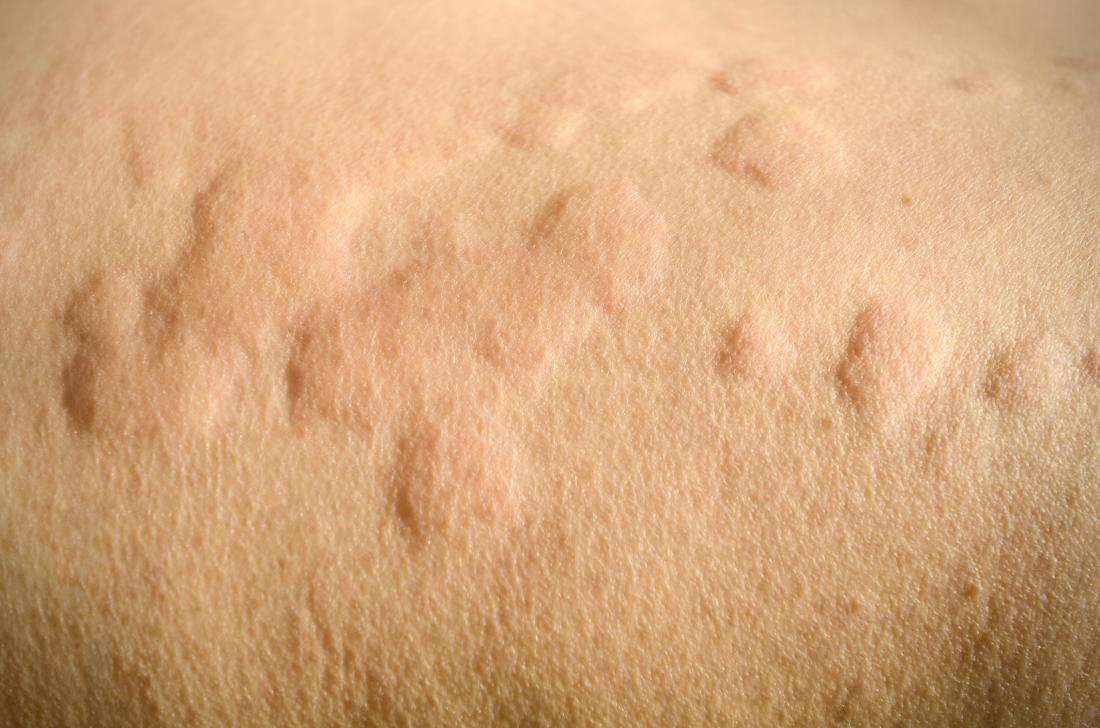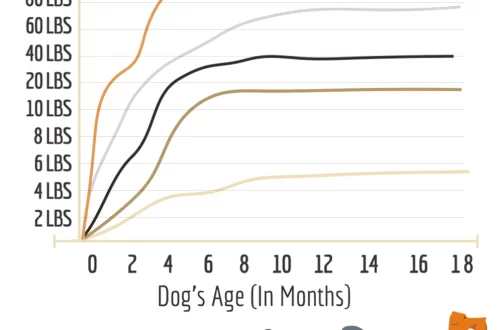
Skin allergies
Skin allergies are quite common in pets and are caused by the same allergens (pollen and house dust) that cause allergic reactions in humans. Allergic dermatitis is an inflammation of the skin that can be caused by various factors, but leads to the same result – the dog feels discomfort and constantly licks itself or scratches the skin. In severe cases, hair loss may occur.
What can you do?
Your veterinarian can relieve allergy symptoms in a variety of ways, including medication, a special diet, topical treatment with special shampoos, solutions, and ointments, and lifestyle changes.
At home, you should provide your dog with an unlimited supply of fresh water (the veterinarian may even suggest using distilled water). If your veterinarian takes a biopsy or prescribes a drug, be sure to follow their instructions for care and restriction of physical activity. Use home sprays only as directed and monitor your dog closely for signs of improvement.
Feel free to call the veterinary clinic if you have any questions or concerns.
Food for brain
A special diet can improve the condition of a dog with food allergies, and fatty acids in the diet can help manage signs of allergic skin disease, itching or dermatitis.
There are several special diets, the choice between which is determined by the severity of the allergic reaction. Learn more about the benefits of Hills™ Science Plan™ Sensitive Skin for your pet and talk to your veterinarian about the benefits of the Prescription Diet™ line of special diets.
Flea control
If your dog has access to the outdoors, completely eliminating fleas is next to impossible. A more realistic goal is to control their numbers, especially in regions with hotter climates. Your veterinarian will recommend the most appropriate antiparasitic medication for your dog and your home.
Home treatment is also important for flea control. Frequent vacuuming will remove flea eggs from carpets and flooring (dispose of the bag immediately after cleaning). It is also recommended to wash the bedding on which the dog sleeps. Your veterinarian may also recommend using a variety of sprays. Preventive measures taken before the first parasites are discovered can save you and your dog a lot of inconvenience.
pliers
Ticks carry pathogens such as Lyme disease that can infect both animals and humans, so ticks are a serious problem. If the dog lives or visits the countryside, it must be checked for ticks.
As far as possible, keep your dog out of high grass and woods. If you have walked in such areas, inspect the dog for the presence of small protrusions on the surface of the skin (similar to warts).
Timely removal of ticks helps prevent the spread of vector-borne diseases. Take your dog to the veterinarian, who will remove the tick with the necessary tools, as self-removal may leave part of the body of the parasite in the dog’s skin.





